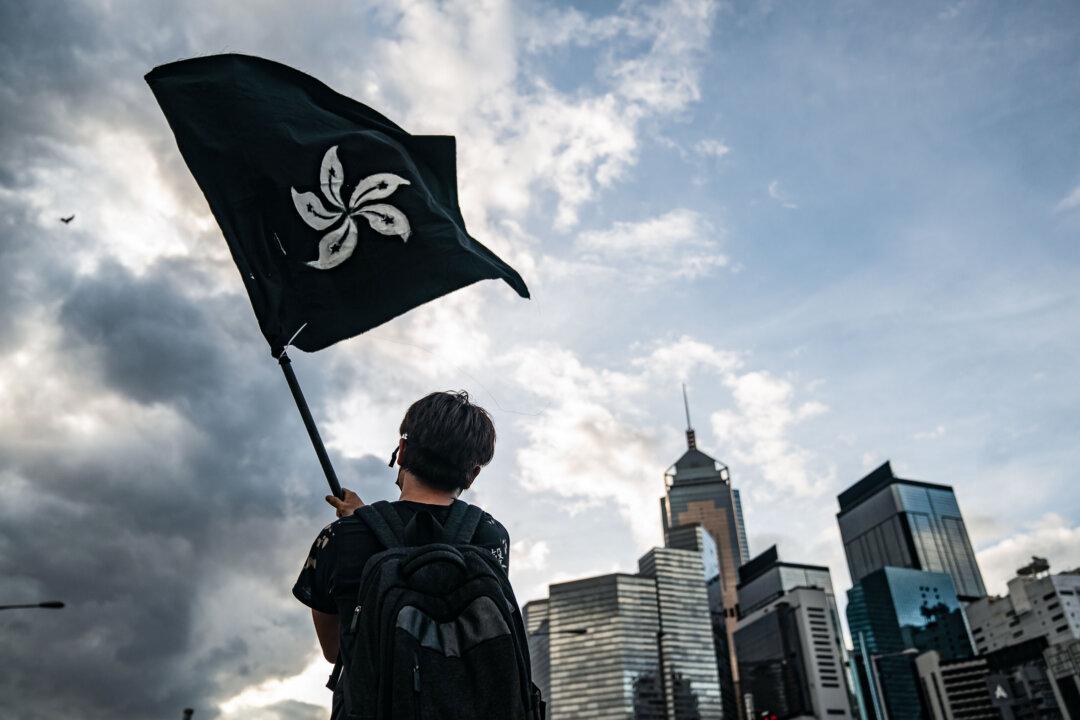A Trump-era declaration of national emergency regarding Hong Kong will remain in effect as the Chinese communist regime continues to curtail the city’s freedoms, the Biden administration said.
In a July 10 notice, President Joe Biden told Congress that he will renew a national emergency order to deal with the “unusual and extraordinary threat” to the national security, foreign policy, and economy of the United States arising from the situation in Hong Kong.





